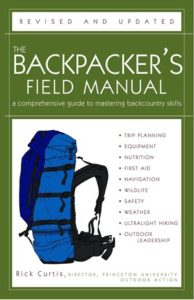I found this research paper from the Australian Journal of Outdoor Education by Mike Brown of the University of Waikato and wanted to share it. Mike presents a very interesting perspective on the Comfort Zone in outdoor education programming.
ABSTRACT: The comfort zone model is widespread within adventure education literature. It is based on the belief that when placed in a stressful situation people will respond by overcoming their fear and therefore grow as individuals. This model is often presented to participants prior to activities with a highly perceived sense of risk and challenge which arouses strong emotional and physical responses to novel tasks (e.g., ropes courses or rock climbing activities). Students are encouraged to think about ‘stretching themselves’ by moving outside their comfort zone, to expand their preconceived limits and by inference learn (and become better people). This paper explores theories from cognitive and social psychology, based on the work of Piaget and Festinger respectively, that underpin the comfort zone model. The perpetuation of this model which uses risk to promote
situations of disequilibrium/dissonance does not find strong support in educational literature. It is therefore suggested that the comfort zone model be reframed as a metaphor, for possible discussion post activity, rather than being used as a model to underpin programming and pedagogy in adventure education settings.
You can read the PDF online.


